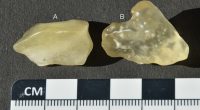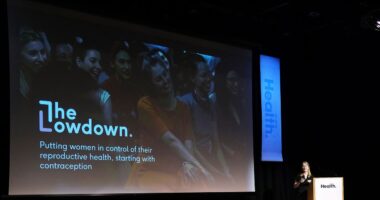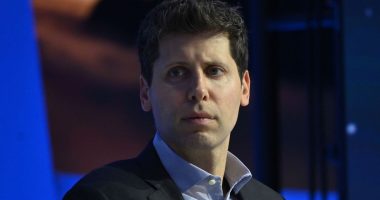THE UK has successfully ousted Russia from building a tool on the Mars rover that will be essential in the search for life on the Red Planet, The Sun can reveal.
The European Space Agency’s (ESA) £10million Rosalind Franklin Mars Rover, which aims to launch to in 2028, will now be entirely built in the UK.
The rover was initially due to launch in 2022.
However, it will launch six years late after the ESA cancelled its collaboration with Russia to build the critical tool following the invasion of Ukraine.
The tool, named Enfys – which means ‘rainbow’ in Welsh, will identify targets on the surface of Mars for sampling and analysis.
These samples could hold the answer to a burning question for scientists and the rest of the world: is there life on Mars?
READ MORE ON MARS
Russia’s involvement in the rover has been axed completely.
It’s all thanks to an additional £10.7 million from the UK Space Agency to replace the Russian-made instrument, Space Minister Andrew Griffith is expected to announce tomorrow.
The latest cash injection brings the total government investment into the Rosalind Franklin, via the UK Space Agency, to £377million.
“Is there life on Mars?’ That has been asked by mankind for generations,” Science, Research and Innovation Minister, Andrew Griffith, said in a statement to The Sun.
Most read in Tech
“This UK investment is an exciting opportunity to enhance our understanding of the Red Planet and perhaps finally answer that very question.
“It is also just the surface of our support for the UK’s growing space sector with further funds unlocked for earth observation firms to gather key climate data and low earth orbit satellites to better connect rural areas and level up the UK.”
The rover is expected to travel several kilometres across the Red Planet in search of a site with a high chance of holding evidence of life.
Rosalind will drill some two metres into Martian soil to retrieve samples, before analysing the findings in an onboard laboratory.
Find out more about science
Want to know more about the weird and wonderful world of science? From the Moon to the human body, we have you covered…










